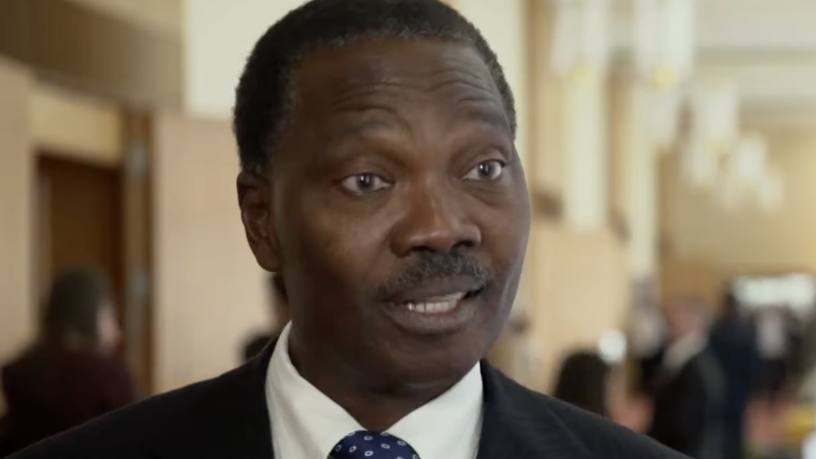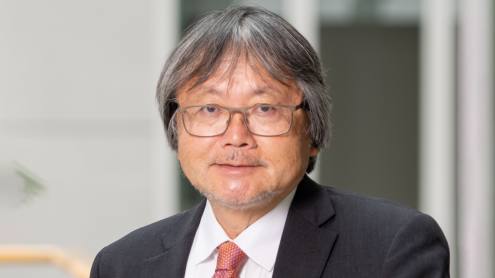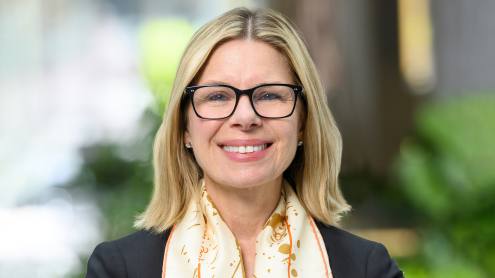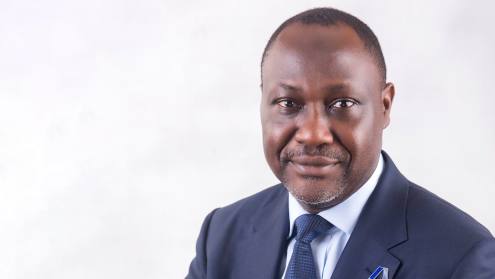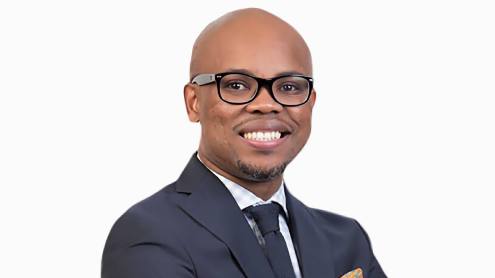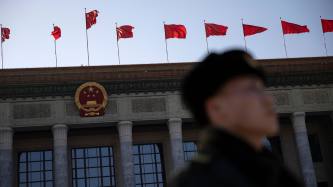Q: How do you see the medium-term outlook for the Mozambican economy?
A: Mozambique’s gross domestic product (GDP) contracted by 1.3% in 2020. We expect a gradual recovery over the medium term, with modest GDP growth in 2021 and a further increase in 2022. It is important to note, however, that the level of risk and uncertainty remains high.
Since a series of shocks to Mozambique’s economy in 2016, the central bank has succeeded in complying with the primary objective of monetary policy — price stability — which means keeping inflation stable within the single-digit band. Our monetary policy committee raised the benchmark interest rate in January 2021, with the aim of ensuring that this objective is maintained. That decision is producing the expected results, leading to a downward revision of our medium-term projections for inflation.
Q: What do you see as the main challenges for monetary authorities?
A: In an environment of greater risk and uncertainty, particularly in regard to the coronavirus pandemic, we must continue to ensure the stability of prices and the financial system. The monetary authority also has to act in a context of limited fiscal space. A presidential initiative is underway to launch a debate on creating a sovereign fund for managing mineral resource revenues, which would also help support the management of monetary policy.
Q: How is the escalation of attacks by Islamic insurgents and the subsequent suspension of one of Mozambique’s liquefied natural gas (LNG) projects likely to affect the economy?
A: The suspension of activities by the Total Mozambique LNG project in Palma could jeopardise the initial schedule, which envisaged the start of LNG production and exports in 2024. The conflict in the Cabo Delgado province has caused humanitarian problems and will continue to require a large fiscal effort to cope with military and family relocation costs. The suspension will have a direct impact on the small and medium-sized companies that supply goods and services to the project. We are hopeful, however, that government efforts will improve the security situation and enable the project to resume.
The outlook for the Mozambican economy remains strong.
Q: Is the central bank planning any measures to improve the environment for banks operating in Mozambique?
A: In 2020, we revised the law on credit institutions and financial companies to strengthen the central bank’s role as a regulator, and to define mechanisms and instruments for timely interventions and resolutions. We also introduced new instruments in the foreign exchange market aimed mainly at regulating financial derivatives.
Considering that fiscal space was already limited, current levels of [debt] pose enormous challenges
We are also reviewing the regulatory regime for own funds to strengthen the quality of capital in the banking system. A revision of the laws governing the national payment system and foreign exchange is aimed at strengthening and modernising the financial system.
Q: How is Mozambique coping with its public debt in the context of the Covid-19 pandemic?
A: Considering that fiscal space was already limited, current levels of [debt] pose enormous challenges in terms of dealing with the pandemic. Fortunately, we have the support of the International Monetary Fund, World Bank and other partners. The Debt Service Suspension Initiative (DSSI) has also helped to alleviate pressure. Domestic financing of public expenditures, for example, has been used with caution.
Creditors are responding to the DSSI, albeit not fully. Under the initial DSSI, Mozambique made formal requests to 15 bilateral creditors, but only three — China, South Korea and Japan — responded positively. The suspended instalments of these three creditors total $22.3m, which corresponds to 11% of the total debt service budgeted in 2020.
Mozambique has formalised requests to 13 bilateral donors under an extension of the DSSI, which aims to suspend the $49.2m in instalments due in the first half of 2021, to which we expect more creditors to respond. The DSSI has recently been extended until December 2021 and the government is preparing new requests to bilateral creditors.



